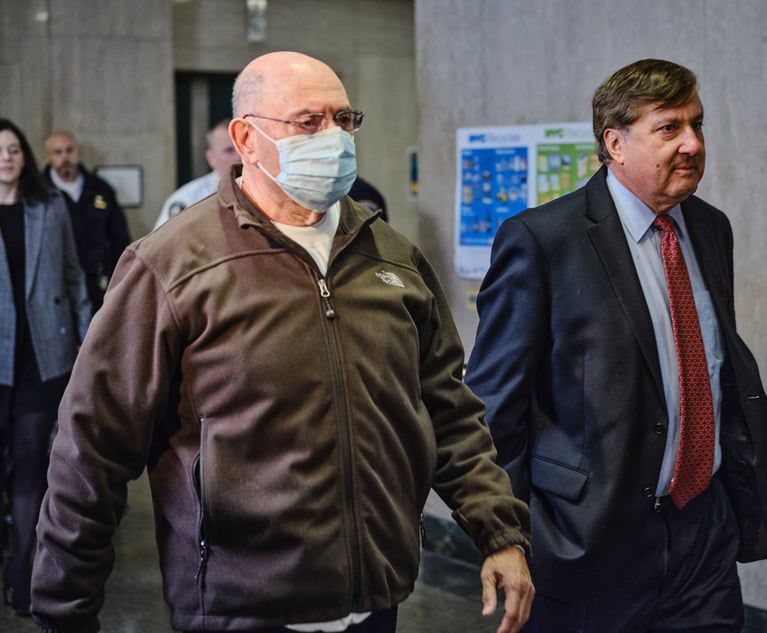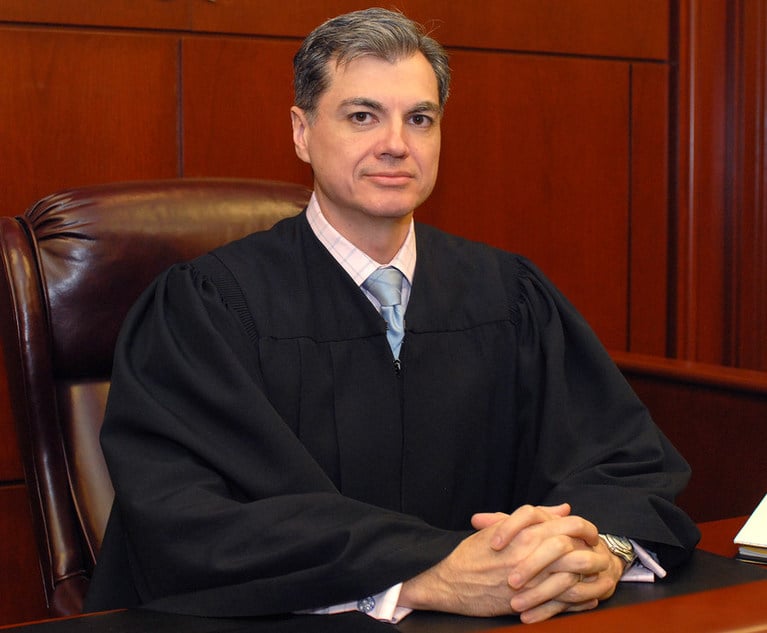In Savory v. Cannon, 947 F.3d 409 (7th Cir. Jan. 7, 2020) (en banc), the U.S. Court of Appeals for the Seventh Circuit, sitting en banc, applied the U.S. Supreme Court’s decision in Heck v.  Humphrey, 512 U.S. 477 (1994), and held that Johnny Lee Savory’s civil rights lawsuit, which implicated the validity of his criminal conviction, accrued at the time of Savory’s gubernatorial pardon. It was the pardon, not an earlier event such as Savory’s release from prison or the commutation of his sentence, that constituted a favorable termination of his criminal proceeding and permitted suit. In reaching this conclusion, the Seventh Circuit reviewed a series of its prior decisions applying Heck, repudiating the reasoning of some and overruling others.
Humphrey, 512 U.S. 477 (1994), and held that Johnny Lee Savory’s civil rights lawsuit, which implicated the validity of his criminal conviction, accrued at the time of Savory’s gubernatorial pardon. It was the pardon, not an earlier event such as Savory’s release from prison or the commutation of his sentence, that constituted a favorable termination of his criminal proceeding and permitted suit. In reaching this conclusion, the Seventh Circuit reviewed a series of its prior decisions applying Heck, repudiating the reasoning of some and overruling others.
The facts in Savory are easily summarized. Savory was convicted of a serious crime. After nearly 30 years in prison, he was paroled. Five years later, his sentence was commuted. Three years after that, and 38 years after his original arrest, the governor of Illinois pardoned Savory. (By way of disclosure, my firm represented Savory in prior proceedings, including in clemency proceedings that resulted in a pardon from the governor. We do not represent Savory in his civil rights lawsuit.) Less than two years after the pardon (the statute of limitations is two years), Savory sued the arresting officers and their municipal employer alleging the officers had subjected him to abusive interrogation, fabricated evidence, wrongfully coerced a false confession, and suppressed and destroyed evidence. The defendants asserted that Savory filed his lawsuit too late. They argued the claim accrued when his sentence was commuted and he was free to file suit then. Savory contended it was only the later pardon that permitted his lawsuit to proceed. The district court agreed with the defendants and dismissed the case. The en banc Seventh Circuit reversed.









